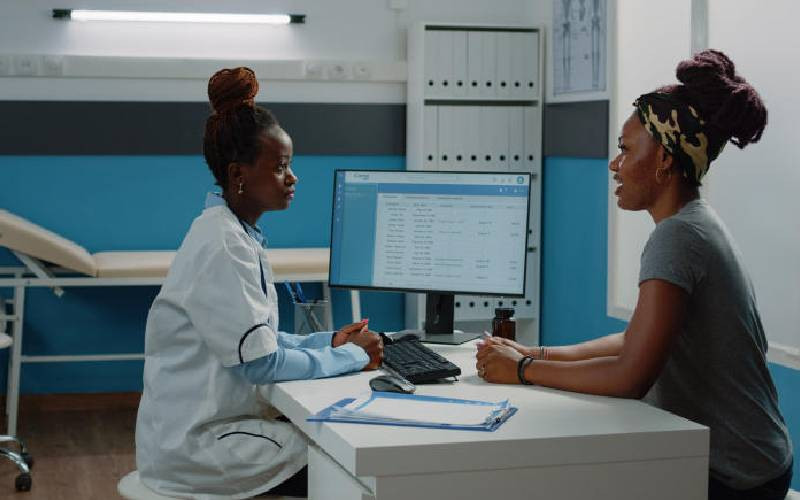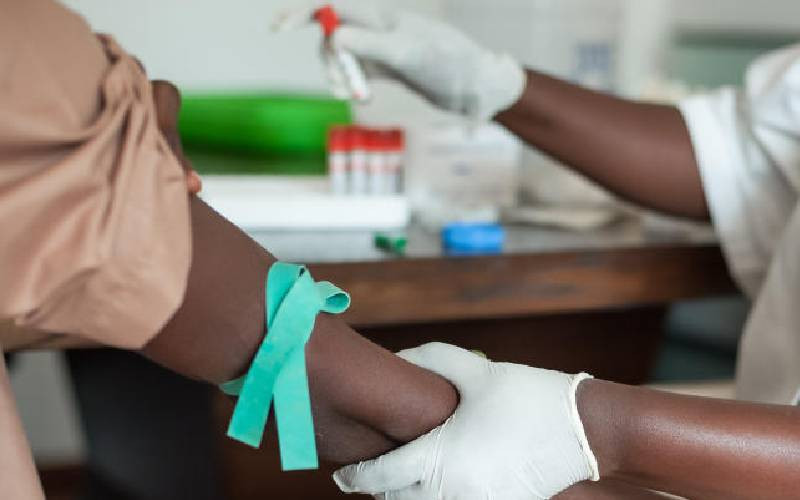About 3,500 health facilities in all the 47 counties are not ready to provide essential medical care and many more cannot respond to emergencies, a survey has revealed.
Most of these facilities are in Nairobi and Mombasa counties, and face the highest risk of Ebola because of their link to international air transport.
In Nairobi, some 455 health facilities out of 875 are not ready to offer essential health services while half of the 293 in Mombasa are in a similar state.
Counties where more than half of the facilities are ill prepared to offer essential services are Trans Nzoia, West Pokot, Nairobi, Turkana and Mombasa, in that order. Kiambu, Embu, Kisii and Isiolo are the counties where most facilities (about two thirds) are ready to offer essential medical services.
This information is contained in a comprehensive national health sector census carried out in Kenya. It was launched by Health Cabinet Secretary James Macharia in May, just about two months after the Ebola outbreak in West Africa was first reported.
Prepared with technical support from the World Health Organisation (WHO) and financing from USAID and UKaid, it covers all the country’s 8,401 health facilities in the public, private, and faith-based control.
While the planning and launching of the report may be coincidental with the Ebola outbreak, it exposes a healthcare system incapable of handling major health emergencies like the one unfolding in West Africa.
According to the WHO, successful management of the Ebola outbreaks depends on how fast and effectively a health system responds to the threat.
A deeper look into the Kenya Service Availability and Readiness Assessment Mapping (Saram) report puts into question public assurances by health authorities that the country can handle an Ebola epidemic.
Isolation facilities
Early this month, WHO declared Ebola a public health emergency of international concern. Here at home, the Saram audit shows only 27 per cent of the 7,995, which participated in the survey, can offer emergency care. This means almost 6,000 health facilities are unable to offer emergency health-care services.
Although the ministry has indicated Ebola cases would be handled at specific isolation facilities, initial patient contact could happen anywhere and such a facility would be required to activate emergency status and infection precautionary procedures.
Ebola patients require high replacement of lost fluids and blood procedures mainly available at emergency life support systems. Of the 7,995 facilities in the country, 6,800 cannot offer emergency life support while only six per cent can safely handle blood products.
It is possibly this knowledge that prompted Mr Macharia on Monday to ask the national Treasury for a Sh671 million Ebola prevention war chest.
Interestingly, the report indicates public and faith-based facilities to be better than private ones, calling on regulatory authorities to pay more attention to the substandard services being offered in this sector.
“I encourage all stakeholders at the national and county levels to use the vital information in this document for strategic planning and priority allocation in the endeavour to make Kenya a healthy nation,” Macharia said.
 The Standard Group Plc is a multi-media organization with investments in media platforms spanning newspaper print
operations, television, radio broadcasting, digital and online services. The Standard Group is recognized as a
leading multi-media house in Kenya with a key influence in matters of national and international interest.
The Standard Group Plc is a multi-media organization with investments in media platforms spanning newspaper print
operations, television, radio broadcasting, digital and online services. The Standard Group is recognized as a
leading multi-media house in Kenya with a key influence in matters of national and international interest.











